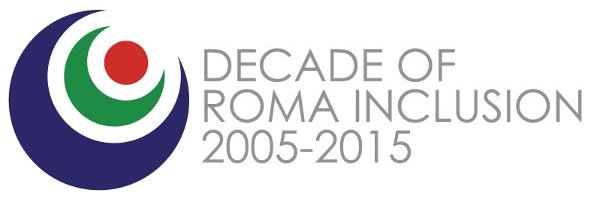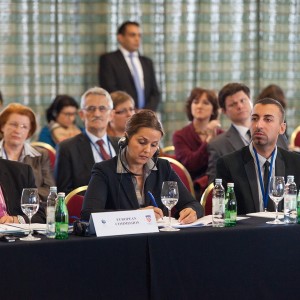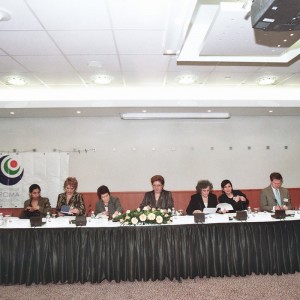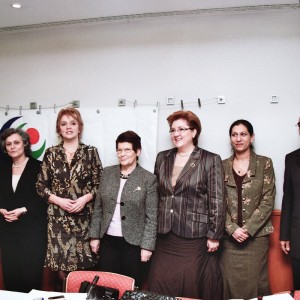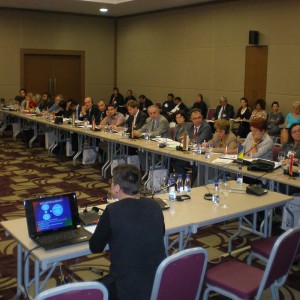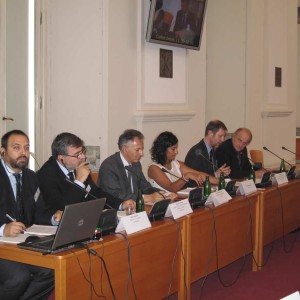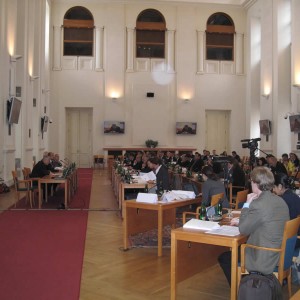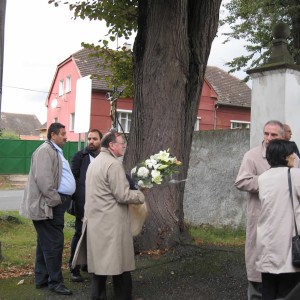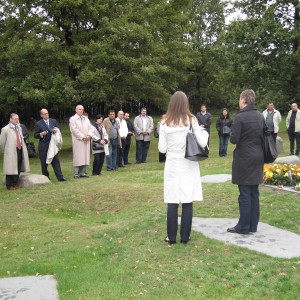Decade of Roma Inclusion 2005 – 2015
The Decade of Roma Inclusion 2005-2015 (“Roma Decade”) was a cooperative international effort to change the lives of Roma in Europe. It was an initiative adopted by twelve European governments, supported by the European Commission, Open Society Institute (OSI), the World Bank, Council of Europe, UNDP, UNICEF, UNHCR and European Roma organizations. The Decade provided a framework for governments in Central and Eastern Europe to work towards Roma integration and monitored progress in ending the severe discrimination and crippling poverty of the Roma communities.
Bringing together governments, intergovernmental and nongovernmental organizations, as well as Roma civil society, the Roma Decade focused on setting official policies in the priority areas of education, employment, health, and housing, and committed participating governments to take into account the other core issues of poverty, discrimination, and gender mainstreaming.
The nine founding members of the Roma Decade were Bulgaria, Croatia, the Czech Republic, Hungary, North Macedonia, Romania, Serbia, Montenegro, and Slovakia, while Albania, Bosnia and Herzegovina and Spain joined the initiative in 2008. Moldova, Norway, Slovenia and the United States of America acted as observer countries. The participating governments were obliged to allocate resources to achieve results, aligning their plans with funding instruments of multinational, international, and bilateral donors.
Their key responsibilities and duties were:
- Development, adoption, and implementation of the Decade National Action Plans (NAPs), with sufficient funding allotted for this purpose;
- Ensuring the effective participation of Romani civil society in bodies established to implement and monitor the NAPs; and
- Establishing mechanisms for measuring national progress in NAP implementation, and making available ethnically disaggregated data in accordance with international standards on the collection and protection of data.
For the smooth functioning of the Roma Decade the International Steering Committee (ISC), the Decade Presidency and the Secretariat of the Decade were established.
The International Steering Committee (ISC) constituted the highest decision-making and co-ordination body of the Decade and was comprised of all Participating Governments (headed by the National Coordinator, appointed by the Prime Minister) and all International Partner Organizations and representatives of national Roma civil societies. Materials from all 28 meeting of the ISC are listed here.
The Decade Presidency was held annually by a participating Decade country, according to a rotating schedule based on the number of Roma population in each country, as listed below:
July 1, 2005 − June 30, 2006 — Romania
July 1, 2006 − June 30, 2007 — Bulgaria
July 1, 2007 − June 20, 2008 — Hungary
July 1, 2008 − June 30, 2009 — Serbia
July 1, 2009 − June 30, 2010 — Slovakia
July 1, 2010 − June 30, 2011 — Czech Republic
July 1, 2011 − June 30, 2012 — Macedonia
July 1, 2012 − June 30, 2013 — Croatia
July 1, 2013 − June 30, 2014 — Montenegro
July 1, 2014 − June 30, 2015 — Bosnia and Herzegovina
The Decade Secretariat directly supported the Presidency of the Decade. Its roles included organizing Decade events, coordinating among stakeholders, supporting the Decade’s expansion to additional countries, supporting NAP development and updating, serving as a clearing house for information on and relevant to the Decade, and disseminating information on achievements under the Decade for the purpose of garnering political and financial support.
In addition, the Decade Trust Fund (DTF) and Roma Education Fund (REF) were established. The DTF was designed to pool annual contributions of participating governments and international organizations to finance joint activities and was administered by the World Bank, while the goal of the REF was to contribute to closing the gap in educational outcomes between Roma and non-Roma, through policies and programs including desegregation of educational systems. It financed projects that met its goals and are proposed and implemented by Governments, NGOs and private organizations.
Each year, Country Working Groups, consisting of relevant representatives of line ministries and civil society organizations, met for Thematic Workshops on the sectoral and cross-cutting fields of intervention relating to the Decade priorities and implementation of the National Action Plans. The costs of these workshops were funded through the Decade Trust Fund.
Since 2010, each participating government submitted Decade Progress Reports on annual basis. These reports contain information on the situation of the Roma minority in particular country, information on institutional provision and evaluation of Roma integration policy, overview of situation of Roma in the area of education, employment, housing, health and security, development of Roma culture and language and conclusions and main recommendations toward improving situation of the Roma on national and local level. These reports are available here.
Further on, building on the principle of Roma participation in the Decade, the Decade Watch was created as an initiative of a group of Roma activists and researchers to assess progress under the Roma Decade. Each government reported about the degrees to to which these actions had been implemented.
